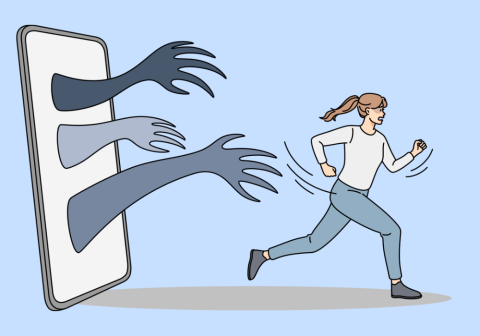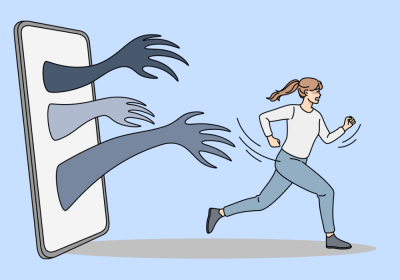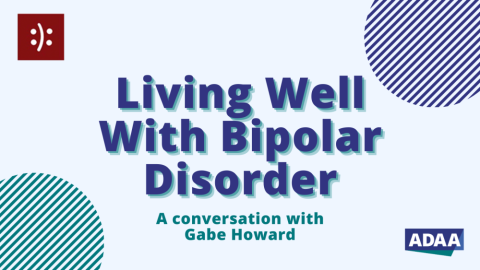Whether you’re fretting about how to pay your bills or foot the costs for college, watching your retirement savings shrink, worrying about a possible layoff—or even if you’re happily employed but nervously following the news about the ups and downs of the economy, these can be anxiety-provoking situations.
Anxiety: A Normal Reaction
Worries about finances have long been a leading cause of anxiety for Americans. When asked what stressed people the most in a recent ADAA online poll, 45 percent responded “personal finances.”
They have good reason to feel stress. The U.S. Department of Labor reported in March 2009 that the number of people receiving unemployment benefits reached a record high.
The following month a Washington Post-ABC News poll reported that more than six in 10 Americans say they are stressed out over the nation’s troubled economy, one-third reporting serious stress. Even among those who feel the economy is improving, a majority still named it as a source of their stress.
Another ADAA online poll confirms that sentiment: Nearly 77 percent said the economic downturn has caused a moderate amount to “a lot of stress.”
If so many people share such deep stress and worry about their bank balances than they did before this financial free fall, does that mean they all have an anxiety disorder? Does it mean anxiety disorders are on the rise? The answer: no.
Anxiety is a normal reaction to stressful and uncertain situations. It’s your body telling you to stay alert and protect yourself, in this case to watch your spending, try to save for an emergency, work to keep your job, or consult a trusted financial expert.
Diagnosis: Generalized Anxiety Disorder
However, you may have generalized anxiety disorder if you worry about the economy or your finances for many hours every day, you can’t sleep or perform your usual tasks, and you’re aware that your fears are irrational.
Also known as GAD, this type of anxiety disorder differs greatly from the normal anxiety we may feel about the economy or any other stressful event. GAD is not triggered by a specific situation. The world doesn’t need to experience an economic downfall for someone to have GAD.
Even in the best of times, GAD affects 6.8 million adults, or 3.1% of the U.S. population, in any given year, and women are twice as likely to be affected.
People with generalized anxiety disorder experience persistent, excessive, and unrealistic worry about issues like money, health, family, or work for six months or longer. They don’t know how to stop the worry cycle, which they feel is beyond their control. Learn more symptoms.
Because the disorder frequently co-occurs with other anxiety disorders, depression, or a sleep disorder, it’s wise to raise concerns with your doctor about other symptoms.
Good News: GAD Is Treatable
Like other anxiety disorders, GAD can be effectively treated with psychotherapy, medication, or a combination. Cognitive-behavioral therapy, or CBT, teaches skills for handling anxiety, which helps those with GAD learn to control their worry on their own. Learn more about CBT.
Some people find that medication is helpful; the U.S. Food and Drug Administration has approved several antidepressants for the treatment of GAD. You may also want to talk to your doctor about adding alternative treatments, such as relaxation techniques, meditation, yoga, or exercise, as part of your overall treatment plan.
Forty million adults in the U.S. suffer from an anxiety disorder. That’s one number that hasn’t changed recently. But anxiety disorders are real, serious, and treatable, and like many people who have overcome them, you can, too.















